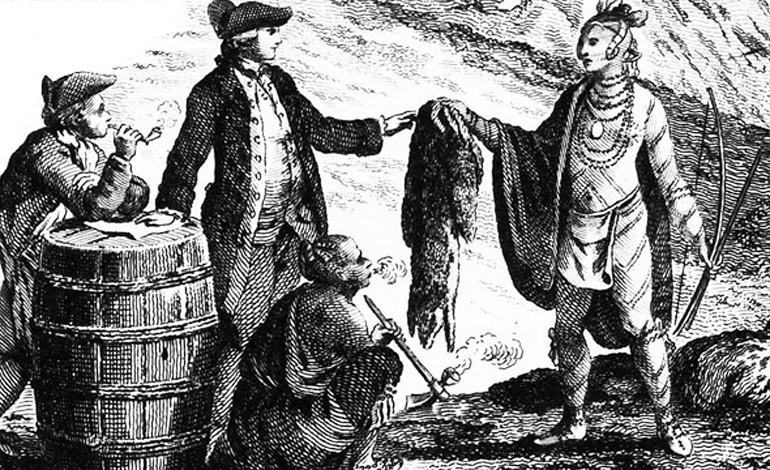
Canadian Geographic, image from 1777
"The Missouri and all it's branches... abound more in beaver and Common Otter, than any other streams on earth."~ Meriwether Lewis to Thomas Jefferson, Sept. 23, 1806
“Guns, a fur trade staple, were supplied to the Northern Plains tribes— Assiniboine, Cree, Crow, and Blackfeet—in exchange for buffalo robes and furs, thus ensuring the fort's future business” ~ National Park Service, Fort Union Firearms, 2015.
Lewis and Clark's interactions with the Native tribes were significant. Although there were some minor quarrels with the Natives, they developed diplomacy and trade agreements with the locals, keeping peace.
Much of the new land was fertile, lending itself to the expansion of America's agriculture market. As the land was inexpensive, many farmers moved West, increasing the production of plants and livestock. The Corps' efforts encouraged American settlers to move West and take up land grants via the Homestead Act.
Settling of the West led to the gold rush of 1849, and a "fur rush," in which many settlers traveled to Upper Missouri to hunt otters and beavers. The influx of new and precious resources led to America’s control of the world’s economy. The trail pioneered by Lewis and Clark led the rush West supported by the idea of Manifest Destiny.
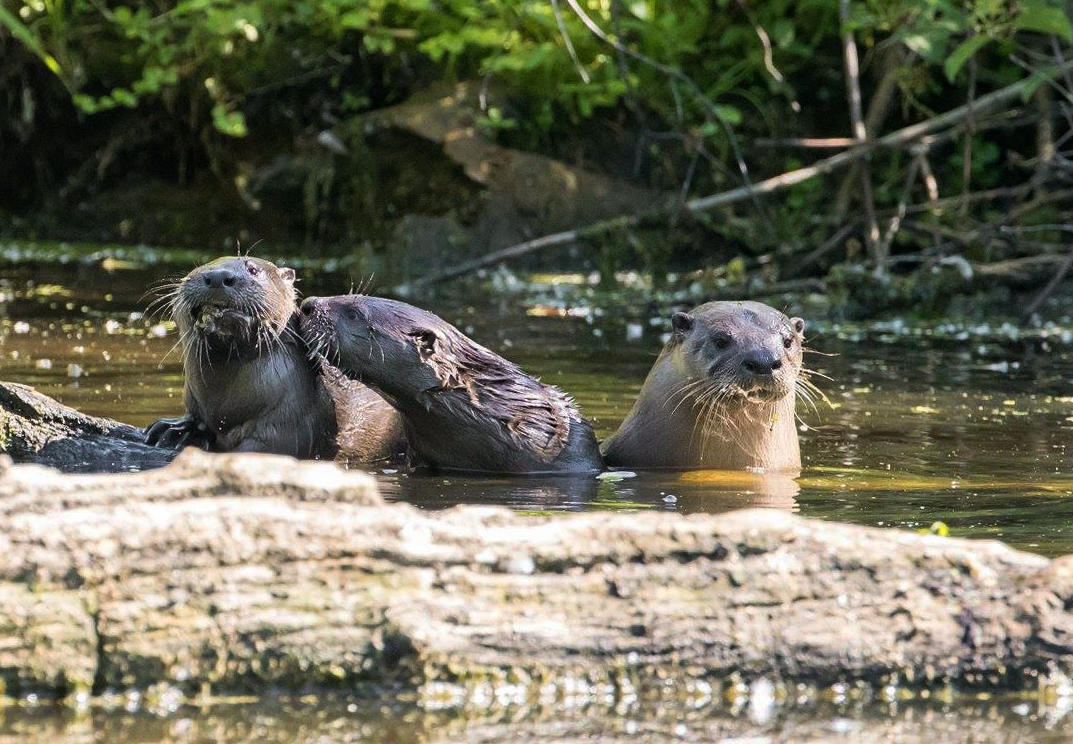
Otters in the Missouri River, August, 2017 (NRDC)
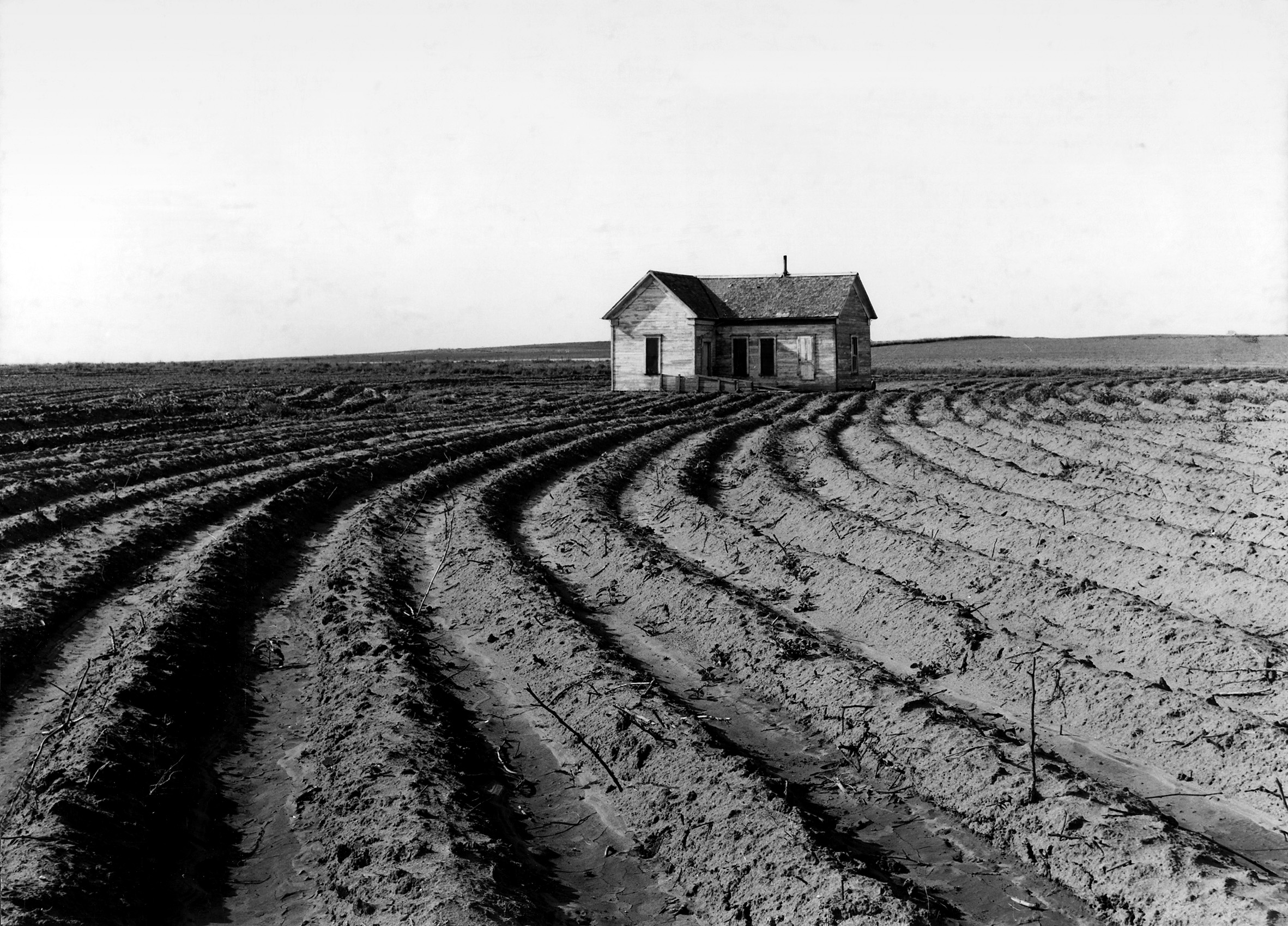
Farmland in the Great Plains, 1938 (Library of Congress)

Canadian Geographic, image from 1777
Video by Eric Jay Dolin from 1:12 to 1:52.
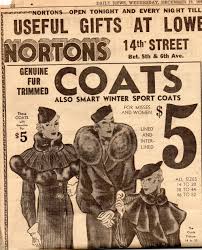
Ephemeral New York, image from 1984
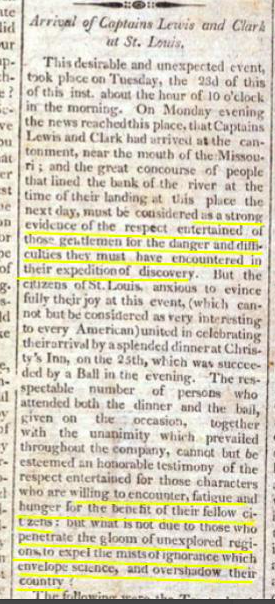
"...must be considered strong evidence of the respect entertained of those gentlemen for the danger and difficulties they must have encountered in their expedition of discovery"
"...those characters who are willing to encounter fatigue and hunger for the benefit of their fellow citizens."
"but what is not due to those who penetrate the gloom of unexplored regions, to expel the mist of ignorance which envelop science, and overshadow their country."
The Western World Newspaper article, October 11, 1806 -- Click on to enlarge